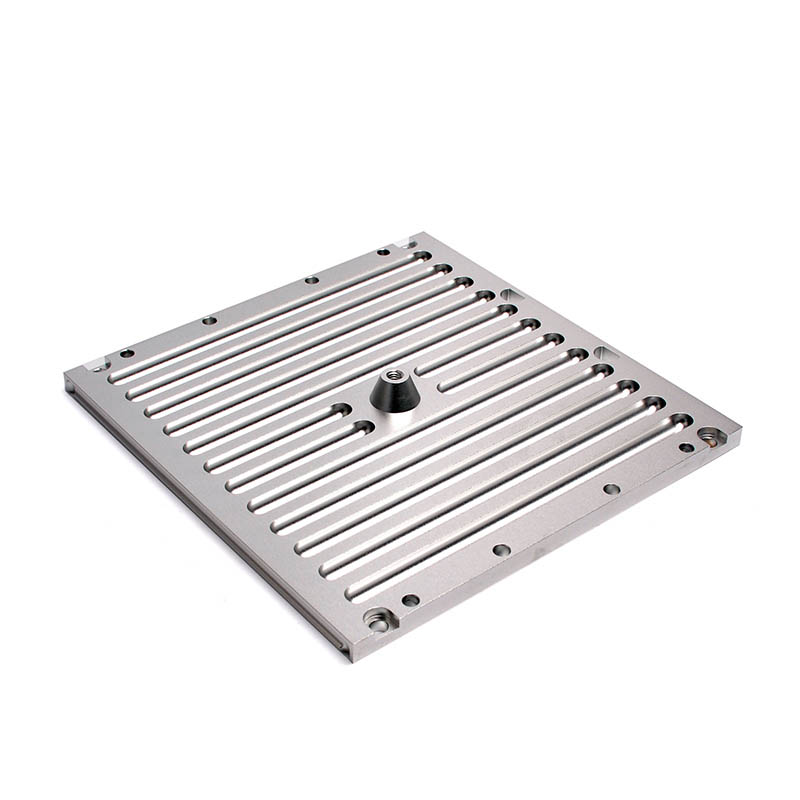Metal fabrication is a complex process that involves shaping raw materials into finished products through various techniques and using different types of metals. It plays a crucial role in numerous industries, from automotive to aerospace, and the optimization of techniques and materials is essential for achieving high-quality results efficiently.

When it comes to metal fabrication, there are several types of metals that are commonly used. Steel is a versatile and durable material that is often preferred for its strength and reliability. Aluminum is lightweight and corrosion-resistant, making it ideal for applications where weight is a factor. Copper is known for its excellent conductivity and is commonly used in electrical applications. Titanium is a strong and lightweight metal that is often used in aerospace and medical industries for its superior properties.
In the world of metal fabrication, there are several techniques that stand out for their accuracy and efficiency. Laser cutting is a precise method that uses a high-powered laser to cut through metal with precision. CNC machining involves computer-controlled tools to create intricate designs and shapes. Metal stamping is a cost-effective method for mass-producing metal parts with consistent quality. Welding is a crucial technique for joining metal pieces together, creating strong and durable connections.
Selecting the right materials for metal fabrication is essential to ensure the success of a project. Factors such as strength and durability are critical for ensuring that the finished product can withstand the intended use. Corrosion resistance is important for applications where exposure to moisture or chemicals is a concern. Cost-effectiveness is also a key consideration, as the chosen materials should provide value for money while meeting the required specifications.
With the advancement of technology, new techniques and methods have emerged in the field of metal fabrication. 3D printing allows for the creation of complex and intricate metal parts with minimal waste. Automation streamlines the production process, reducing manual labor and increasing efficiency. Robotics are increasingly used in metal fabrication for tasks that require precision and repeatability.
Environmental Impact of Metal Fabrication As sustainability becomes a growing concern, metal fabrication companies are implementing environmentally friendly practices. Sustainable practices such as reducing waste and energy consumption help minimize the environmental impact of metal fabrication. Recycling efforts play a crucial role in reducing the consumption of raw materials and minimizing waste generation.
Maintaining quality control in metal fabrication is essential for ensuring the consistency and reliability of the finished products. The inspection process involves rigorous testing and measurements to verify that the products meet the specified standards. Certifications and standards such as ISO certifications demonstrate a commitment to quality and excellence in metal fabrication.
Successful metal fabrication projects can be seen in various industries, demonstrating the importance of optimized techniques and materials. In the automotive industry, metal fabrication is used to create vehicle components with precision and durability. The aerospace industry relies on metal fabrication for lightweight and high-performance aircraft parts. The construction industry benefits from metal fabrication for structural components that meet stringent safety standards.
Collaborating with Metal Fabrication Experts For businesses looking to optimize their metal fabrication processes, collaborating with experts in the field can provide valuable insights and custom solutions. Working with engineers who specialize in metal fabrication can help identify the most suitable techniques and materials for specific projects. Custom fabrication solutions tailored to the unique requirements of each project can ensure optimal results and efficiency.